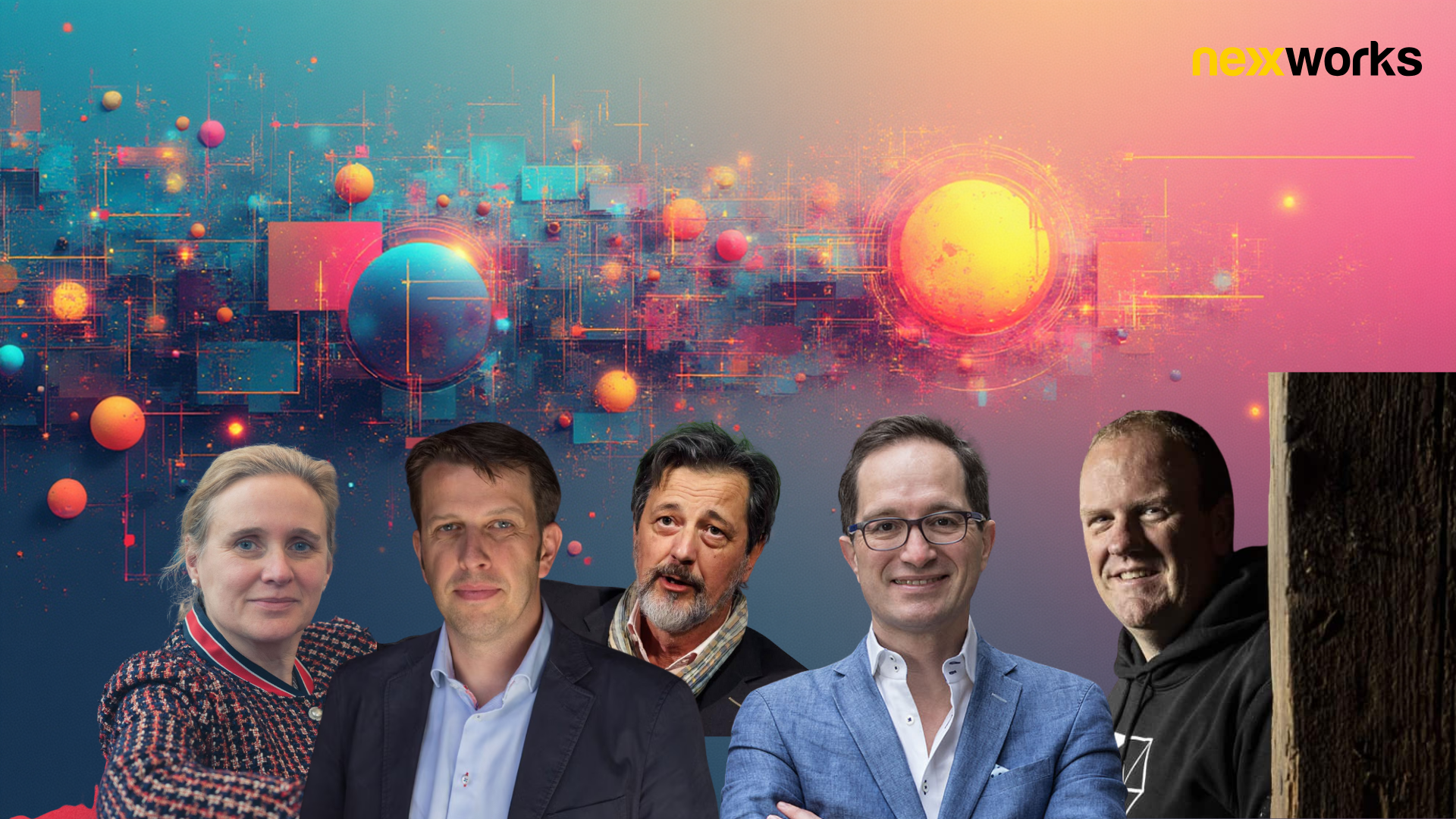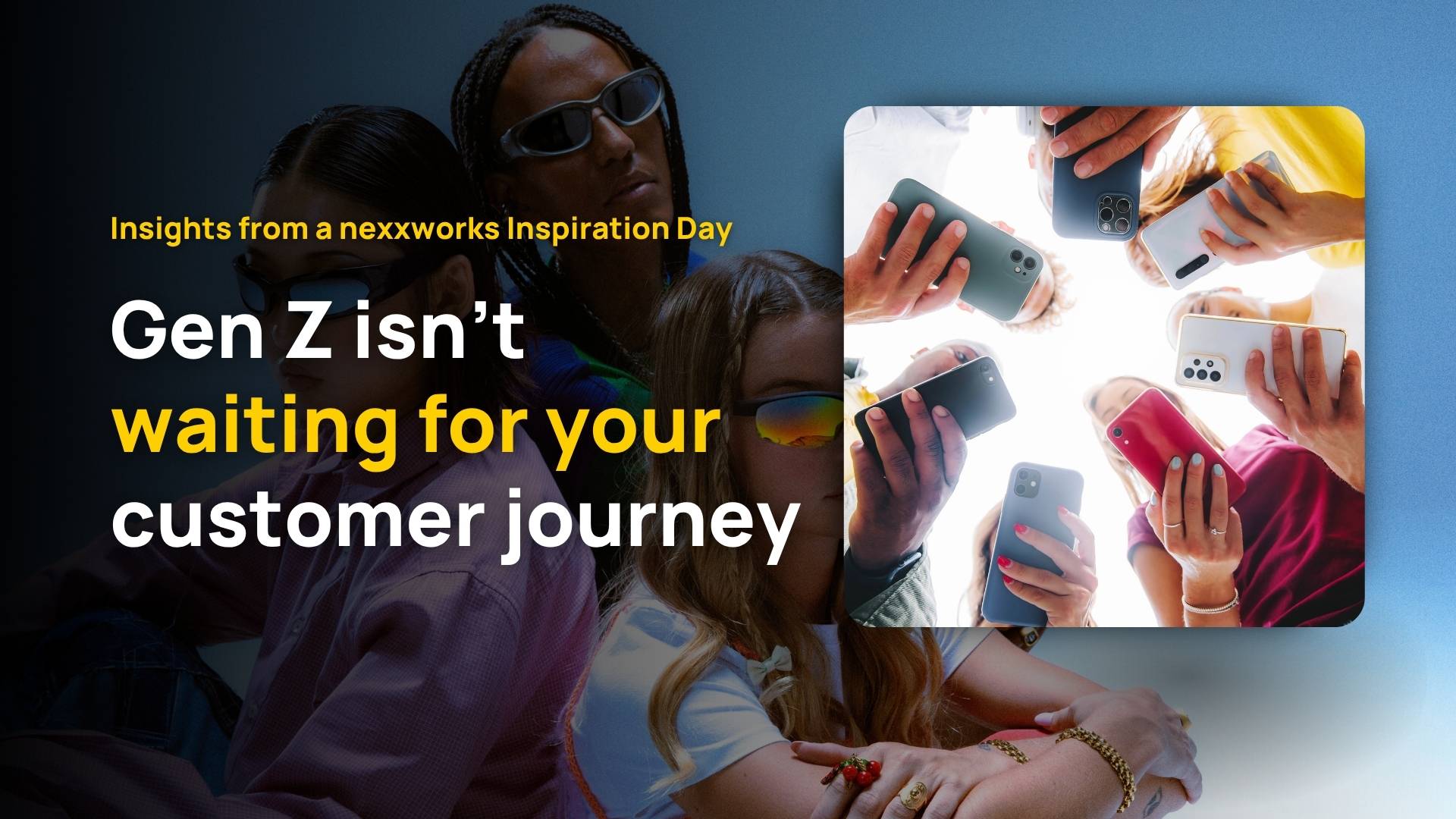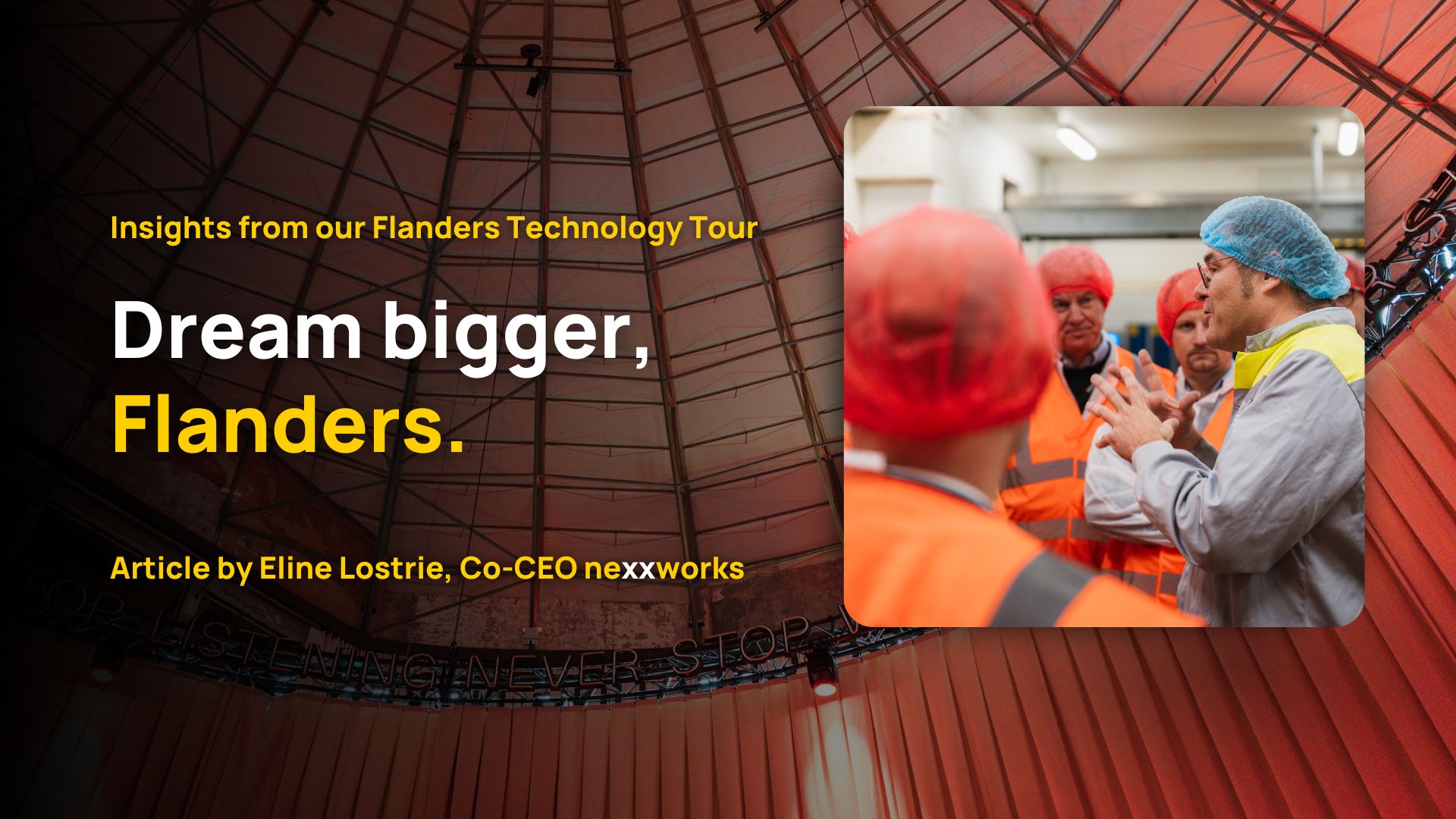Psychological Safety is not a Cure for Everything
.png)
Very recently, a group of managers and I participated in a nexxworks learning expedition to Copenhagen, a city that aims to be a magnet for international talent. Around ten Danish companies shared their talent secrets with us and while I braced myself for a flood of ChatGPT stories, I noticed that the mantra dominating talent conversations in Denmark appeared to be psychological safety.

Why has psychological safety become such a hot topic, nearly 25 years after Harvard professor Amy Edmondson developed the idea? Since COVID, people feel less at home in the workplace and companies have been trying their utmost to reconnect with them. Hybrid work, toxic leadership, engagement, mental well-being, diversity: psychological safety seems to be a cure for all current diseases. But it’s obviously not. The more we use it as a broad-spectrum antibiotic, the greater the likelihood that it won't be effective. And then psychological safety risks turning out to be nothing more than a hype.
Novo Nordisk

The Danish company Novo Nordisk works closely with Edmondson. Renowned for its fight against diabetes, Novo Nordisk aims to be a world leader in medical innovation. However, an internal investigation uncovered that their people held back in sharing their views at work and that their innovative talent was underutilized. The latter appeared to be driven out of a fear of being punished for making a mistake or taking a risk.
This kind of self-censorship clearly harms organizations. How can people learn from mistakes if no one dares to talk about them? Organizations that focus on innovation need to be radically transparent and their employees should be able to freely share their ideas.
How do you transform that culture in your organization? Many managers do not realize that their leadership style might be the problem, but the issue goes beyond individual leadership styles. People tend to think that psychological safety simply means being nice to each other. Or that it’s about an “anything goes” approach where everyone is entitled to their opinion and even when performance is poor, this is tolerated. Well, that is not what psychological safety is about. Psychological safety implies radical candor and a clash of ideas. That clash can only happen when all parties feel that they are intrinsically valued and that their reputation will not suffer as a result.
Safe haven
The Danish company Orsted, internationally known for its wind farms, takes a different approach. It used to be a traditional oil and gas company but has reinvented itself as a producer of sustainable energy. This sustainability is also reflected in how Orsted attracts talent, as it emphasizes diversity. Their idea of psychological safety is that the workplace should be a safe haven where people can bring their whole selves. When an Orsted employee enters the workplace anywhere in the world, they should feel that it’s a safe cocoon where they can fully express themselves and their values.
There is a paradox hidden here. Because if everyone should be able to express themselves freely, does that also mean that the values of others can be questioned? Here’s where we enter the realm of "culture wars." Can people also express and endorse more conservative ideas? "We cannot be tolerant of intolerance," says Orsted. Those who cannot align with their values may be better off seeking employment elsewhere.
In a Trumpian world, that vision of psychological safety as a guarantee for diversity and sustainability is commendable. The company knows that this vision is not evident for everyone and honestly admits that it sometimes leads to difficult conversations, which it is willing to have. It has the advantage of clarity; talent knows what the company stands for. However, how Orsted, as a global player, can ensure psychological safety in countries that do not share the same vision was not always clear.
I wouldn't stretch psychological safety too far. Focus on learning and innovation. Scientific studies show that teams perform better and are more innovative when people feel it is safe to fail and speak freely without worrying about what it means for their careers.

Want to joint the next tour with Frederik?
Click here.
This is an adapted version of an article that first appeared in De Tijd.








